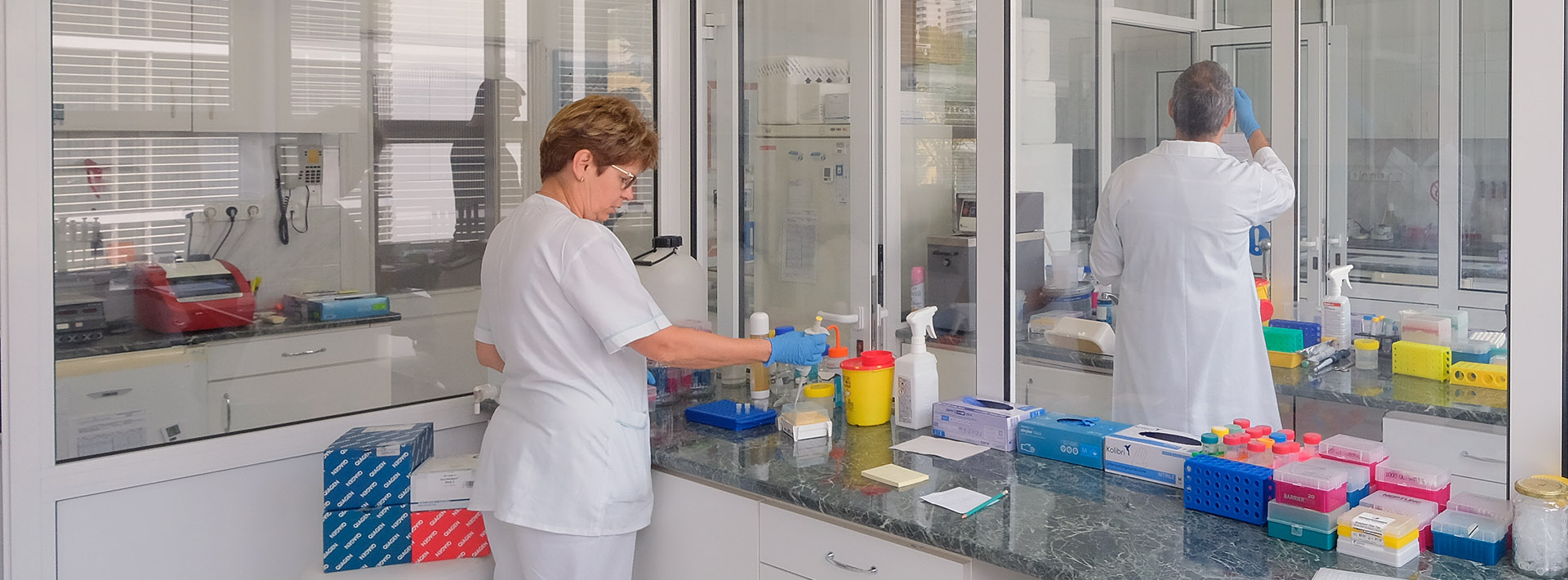Daten
Offizielle Daten in der Fachveröffentlichung für das folgende akademische Jahr: 2024-2025
Lehrbeauftragte/r
-
Kuzma Mónika
assistant professor,
-
Semesterwochenstunden
Vorlesungen: 28
Praktika: 0
Seminare: 0
Insgesamt: 28
Fachangaben
- Kode des Kurses: OPG-IPT-T
- 2 kredit
- Pharmacy
- Pharmaceutical theoretical module and practical skills modul
- autumn
OPG-PPA-T finished , OPG-TXA-T finished
Zahl der Kursteilnehmer für den Kurs:
min. 5 – max. 70
Thematik
Purpose of the course is to demonstrate the importance and practical applicability of instrumental analysis, pharmaceutical chemistry and pharmacology by forensic toxicological examples. The course provides insights into the structure of the Hungarian forensic expert system, the topics in the field of forensic medicine relevant for pharmacists and the regulatory framework of psychoactive substances.
Vorlesungen
- 1. Introduction to the law. Structure of the Hungarian expert system. - Simon Gábor
- 2. Introduction to the law. Structure of the Hungarian expert system. - Tóth Dénes
- 3. Introduction to Forensic Toxicology. - Mayer Mátyás
- 4. Introduction to Forensic Toxicology. - Kuzma Mónika
- 5. Identification and quantification of medicaments and their metabolites in biological samples. - Kuzma Mónika
- 6. Identification and quantification of medicaments and their metabolites in biological samples. - Kuzma Mónika
- 7. Metal and pesticide poisoning: a historical overview. - Mayer Mátyás
- 8. Metal and pesticide poisoning: a historical overview. - Mayer Mátyás
- 9. Solvent and gas poisoning and their laboratory investigations. - Kuzma Mónika
- 10. Solvent and gas poisoning and their laboratory investigations. - Kuzma Mónika
- 11. Monitoring of drugs of abuse. - Mayer Mátyás
- 12. Monitoring of drugs of abuse. - Mayer Mátyás
- 13. Post mortem changes. Sample collection during autopsy. - Simon Gábor
- 14. Post mortem changes. Sample collection during autopsy. - Tóth Dénes
- 15. Specimen collection: analytical and toxicologocal aspects. - Kuzma Mónika
- 16. Specimen collection: analytical and toxicologocal aspects. - Kuzma Mónika
- 17. Autopsy findings and histological observations in poisoning cases. - Simon Gábor
- 18. Autopsy findings and histological observations in poisoning cases. - Tóth Dénes
- 19. Forensic toxicological examinations of post mortem samples. - Mayer Mátyás
- 20. Forensic toxicological examinations of post mortem samples. - Mayer Mátyás
- 21. Forensic toxicological examinations of samples from living individuals. - Kuzma Mónika
- 22. Forensic toxicological examinations of samples from living individuals. - Kuzma Mónika
- 23. Interpretation of the analytical results in forensic toxicology. - Mayer Mátyás
- 24. Interpretation of the analytical results in forensic toxicology. - Kuzma Mónika
- 25. Medicolegal aspects of alcohol. - Simon Gábor
- 26. Medicolegal aspects of alcohol. - Tóth Dénes
- 27. Driving under influence of drugs. - Simon Gábor
- 28. Driving under influence of drugs. - Simon Gábor
Praktika
Seminare
Materialien zum Aneignen des Lehrstoffes
Obligatorische Literatur
Vom Institut veröffentlichter Lehrstoff
Lecture notes.
Skript
Empfohlene Literatur
- Vincent J.M. DiMaio, Suzanna E. Dana: Handbook of Forensic Pathology, CRC Press, 2006 (ISBN-13: 978-0849392870)
- Robert H. Powers, Dorothy E. Dean: Forensic Toxicology - Mechanisms and Pathology, CRC Press, 2015 (ISBN-13: 978-1466581944)
- Casarett & Doull's Toxicology: The Basic Science of Poisons, Eighth Edition by Curtis Klaassen, Chapter 32, Analytical and Forensic Toxicology, 2013 (ISBN: 978-0-07-176923-5)
Voraussetzung zum Absolvieren des Semesters
The condition for acceptance of the semester is the completion of the end-of-semester colloquium (written exam).
Semesteranforderungen
There is no mid-term exam.
Möglichkeiten zur Nachholung der Fehlzeiten
Missed classes cannot be made up.
Prüfungsfragen
Introduction to the law. Structure of the Hungarian expert system.
Introduction to Forensic Toxicology.
Identification and quantification of medicaments and their metabolites in biological samples.
Metal and pesticide poisoning: a historical overview.
Solvent and gas poisoning and their laboratory investigations.
Monitoring of drugs of abuse.
Post mortem changes. Sample collection during autopsy.
Specimen collection: analytical and toxicologocal aspects.
Autopsy findings and histological observations in poisoning cases.
Forensic toxicological examinations of post mortem samples.
Forensic toxicological examinations of samples from living individuals.
Interpretation of the analytical results in forensic toxicology.
Medicolegal aspects of alcohol.
Driving under influence of drugs.
Prüfer
- Kuzma Mónika
- Mayer Mátyás
- Simon Gábor
- Tóth Dénes
